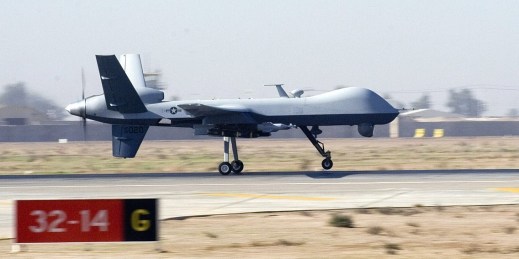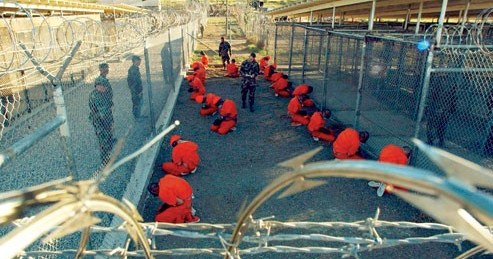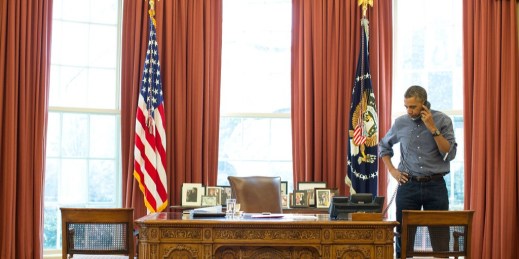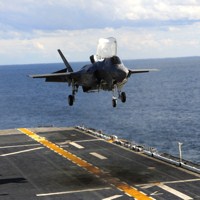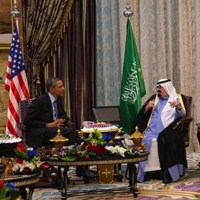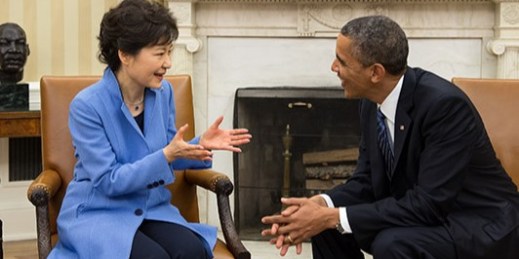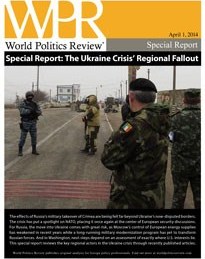
Americans are having a hard time coming to terms with the effect of National Security Agency (NSA) contractor Edward Snowden’s leaks and the damage they have done to America’s status in the world. In part, U.S. leaders do not want to admit that the leaks were merely the final straw for the growing discontent with American global leadership that predated Snowden and has many causes, including failure in Iraq and Afghanistan and the global economic crisis that spread from Wall Street. The unipolar moment was never popular—the leaks confirm that it is over. Snowden’s material has been shaped to portray […]



